What are the 4 stages of gout?
The progression of gout can be divided into four stages based on the severity of gout. Even at all of these stages, gout symptoms and attacks can be controlled with the help of a healthy diet, living and proper medications.
Asymptomatic Hyperuricemia
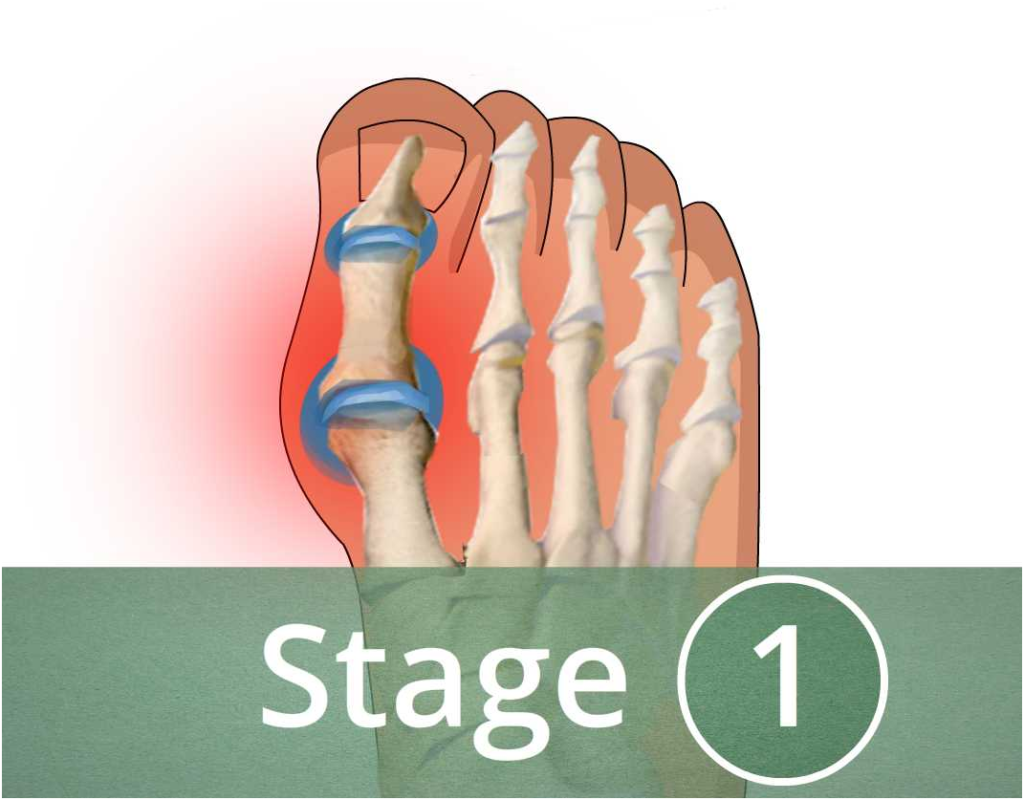
In this early stage of gout, a person develops elevated levels of uric acid (above 6.0 mg/dL) in the blood (hyperuricemia), but no other symptoms of gout are noticeable yet. Many people will have elevated uric acid levels for years before experiencing their first gout attack.

Corporate Wellness App
CircleCare
Acute gout attack
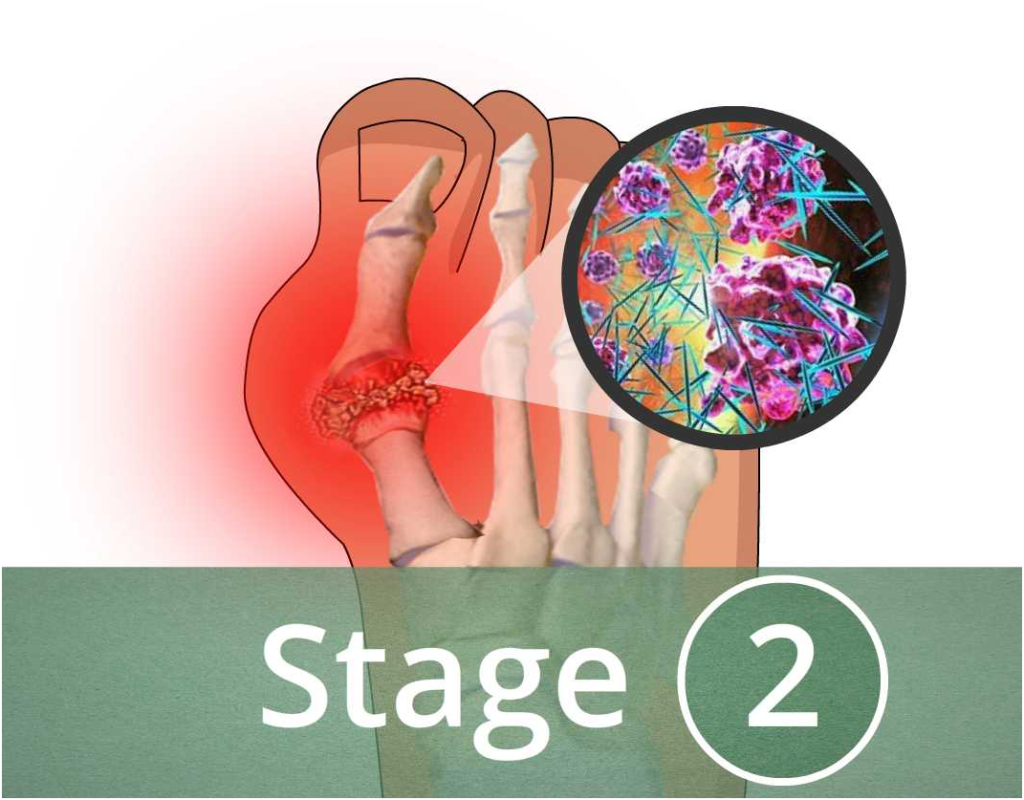
In this stage of gout, hyperuricemia has caused the deposit of sodium urate crystals in joint spaces that causes pain, swelling and redness. A severe gout attack commonly occurs at night and can be triggered by stressful events, alcohol or drugs, too much meat or seafood intake or the presence of another illness. The pain usually subsides, even without treatment, within three to 10 days.
Intercritical Gout
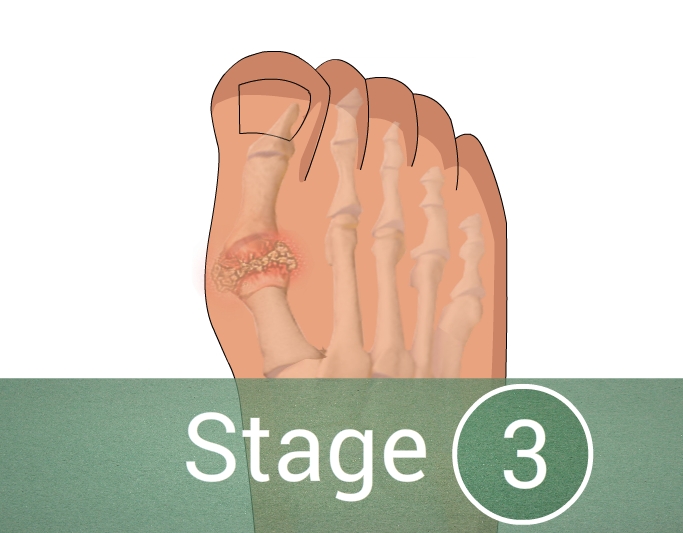
There is a stage of gout between acute gout attacks called Intercritical gout. At this stage, a person does not have any visible symptoms. Although ongoing deposits of uric acid crystals continue to accumulate their joints, usually function. Doctors believe that there is still potential for damage to be occurring in cartilage and bone of involved joints.
Chronic tophaceous gout
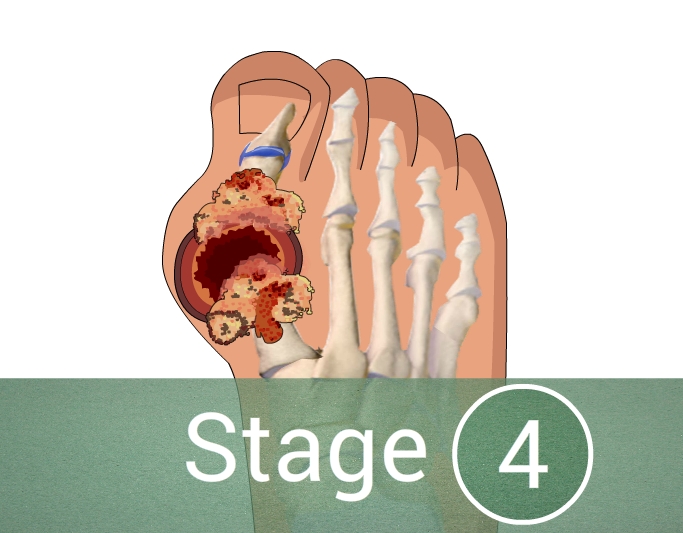
The final and the most disabling stage of gout, which is a form of chronic arthritis characterized by permanent damage to the cartilage and bone and sometimes to the kidneys. With proper treatment, most people with gout do not progress to this advanced stage. Since the invention of therapy of Asymptomatic Hyperuricemia, the cases of tophaceous gout has reduced significantly.
No matter the stage of Gout you are in, it is never too late to begin managing gout or prevent future attacks or chronic gout – via lifestyle changes and regular medication.
For more healthy lifestyle ideas and motivation to manage gout download CircleCare App.

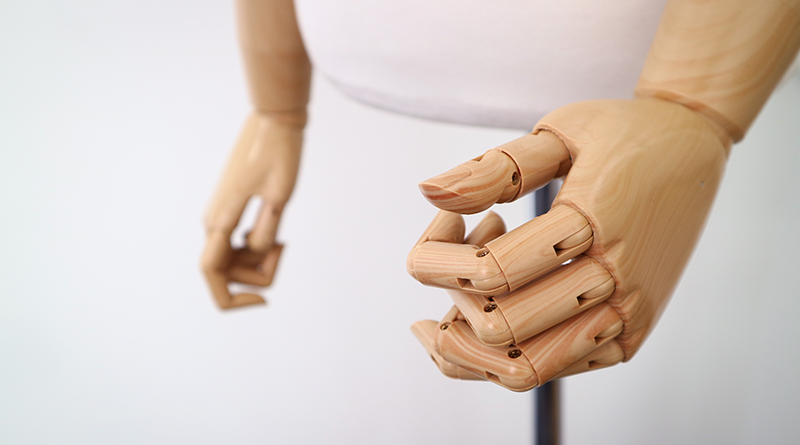

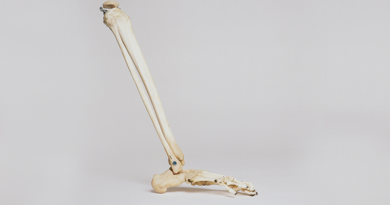

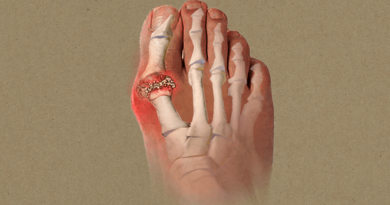
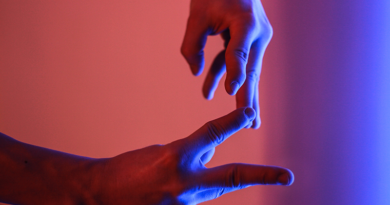


Pingback:What are the main causes of gout - risk factors & triggers | CircleCare
Pingback:Symptoms of gout attack - how do you know if you have gout? | CircleCare
Pingback:What are the main causes of gout? | Risk Factors,Triggers of Gout | CircleCare